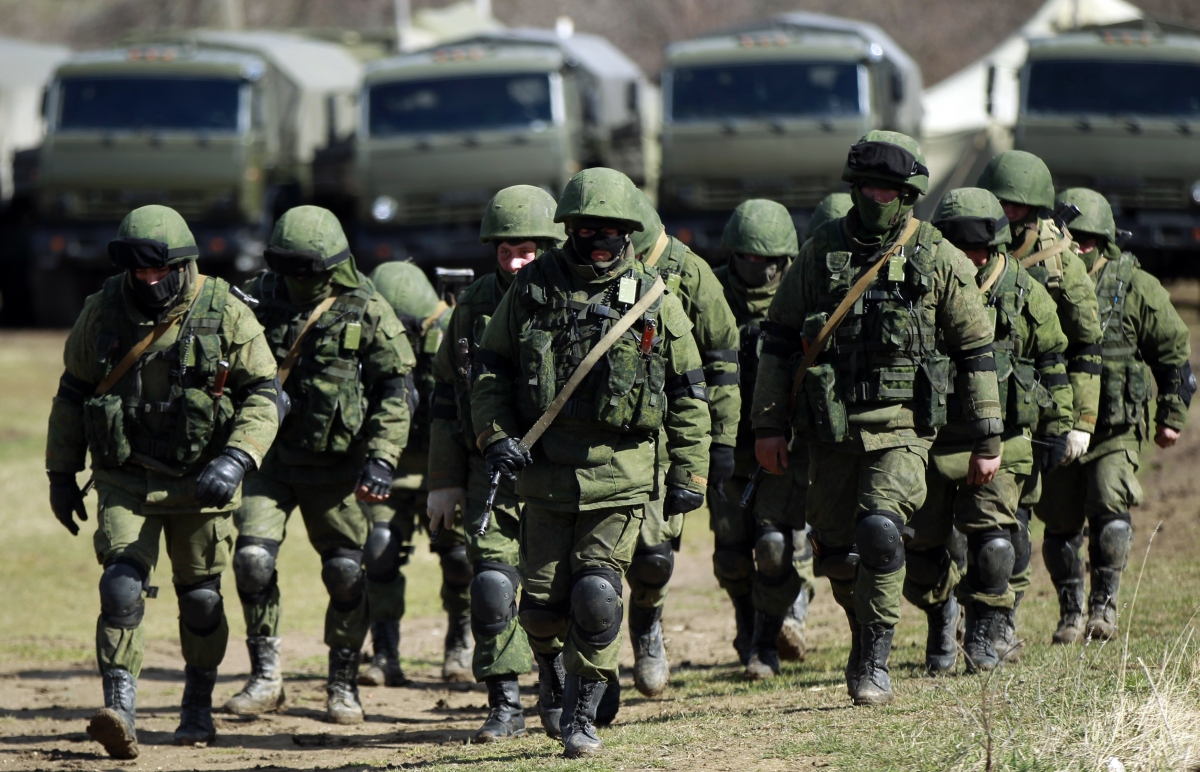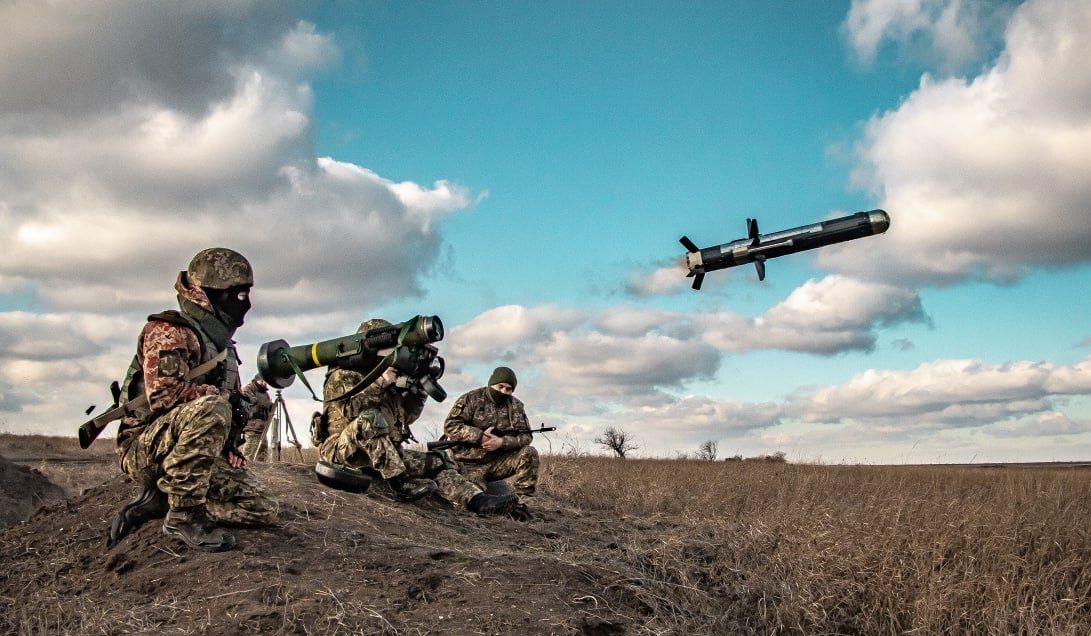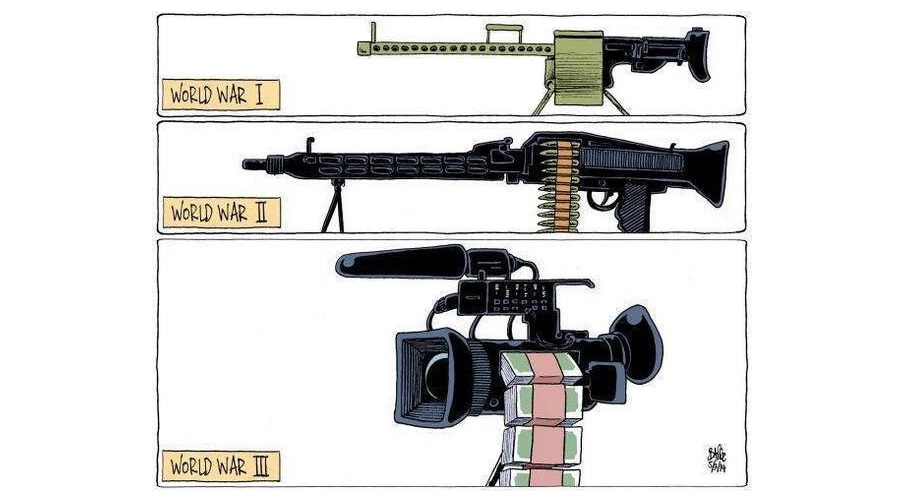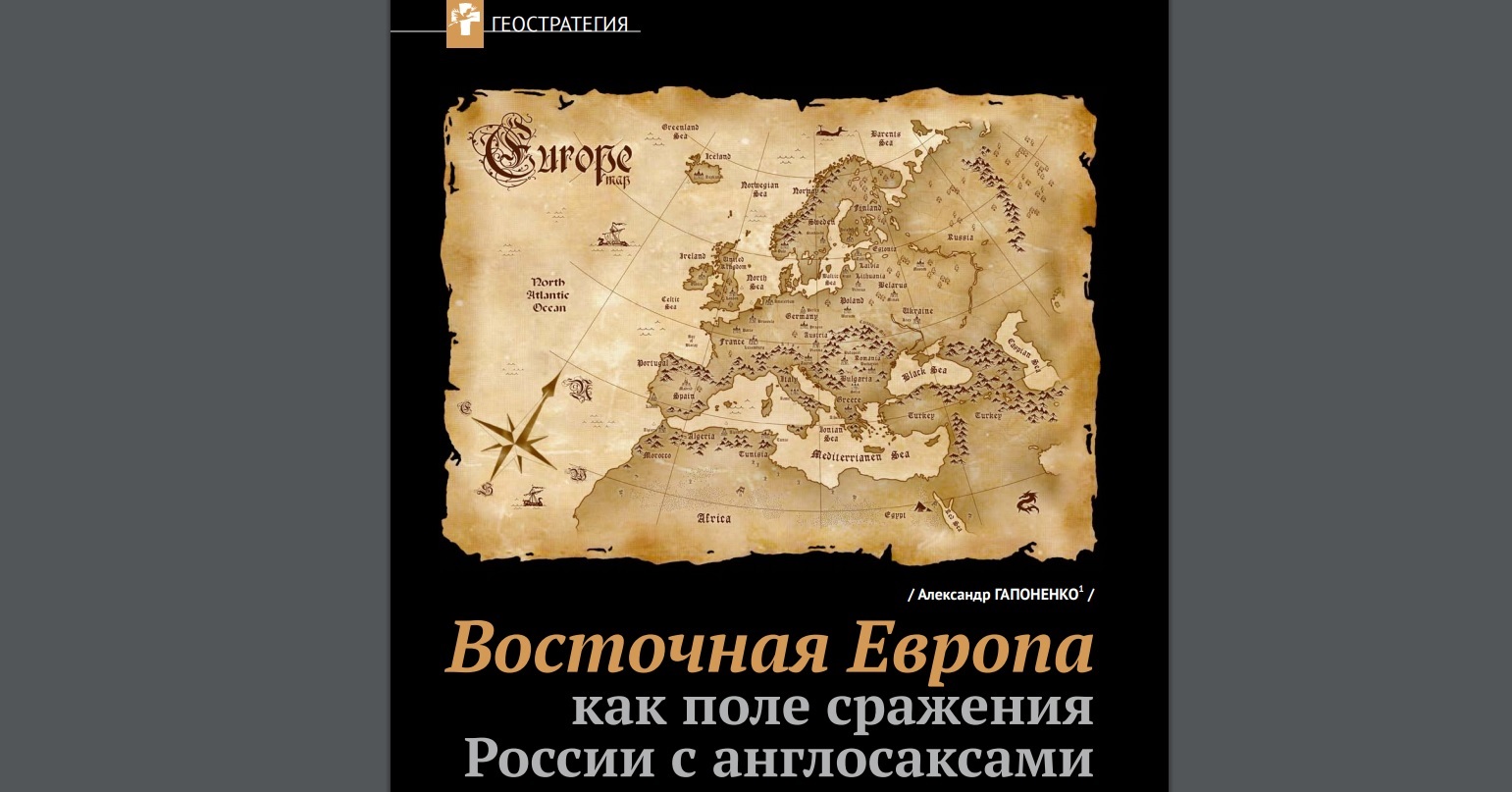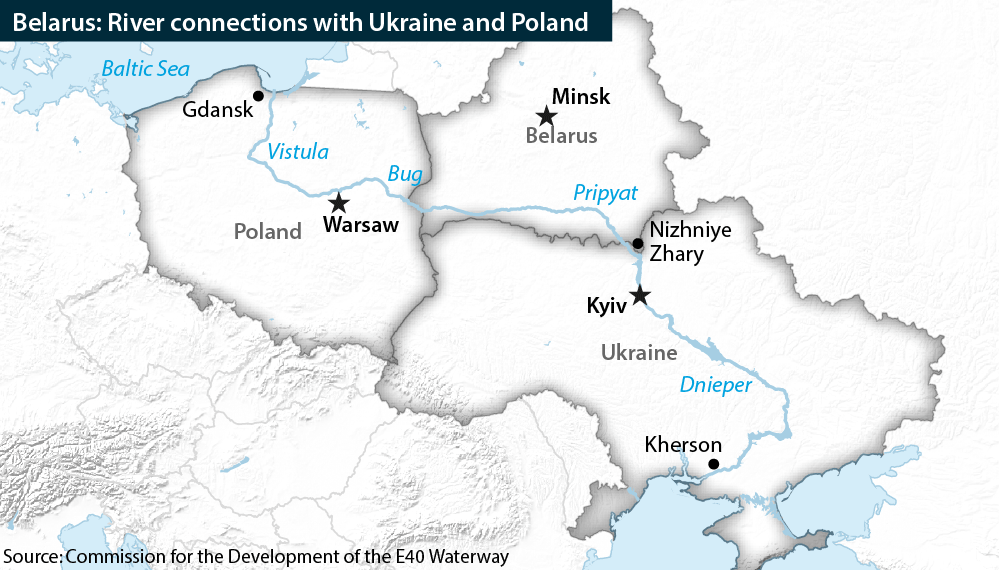Three US senators, Marco Rubio, Bob Menendez and Rob Portman, have called for Washington to promulgate a policy of “the non-recognition” of Moscow’s illegal annexation of Ukraine’s Crimea and to model it on American non-recognition policy regarding the Soviet occupation of Estonia, Latvia and Lithuania.
Not surprisingly, the Kremlin and those close to it don’t want Washington to adopt such a policy; but they cannot admit that they don’t because the policy was effective as it represented a clear declaration of America’s commitment to a basic principle of international law and it helped keep hope alive in the occupied Baltic countries that they would one day again be free.
That, of course, happened in August 1991, and the leaders of the restored Baltic states have relied on US non-recognition policy since because it emphasized what they knew to be true: they were occupied and thus have had certain rights that they otherwise would not have had, including on the granting of citizenship, had they “seceded” as Moscow viewed it.
But since Moscow can’t admit the power of non-recognition policy for the Baltic countries earlier and potentially for Crimea now, it has sunk to new lows in its arguments about the realities of US non-recognition policy about the Baltics to claim simultaneously that it made no difference and that it must not be adopted with regard to Crimea, the Kremlin’s latest victim.
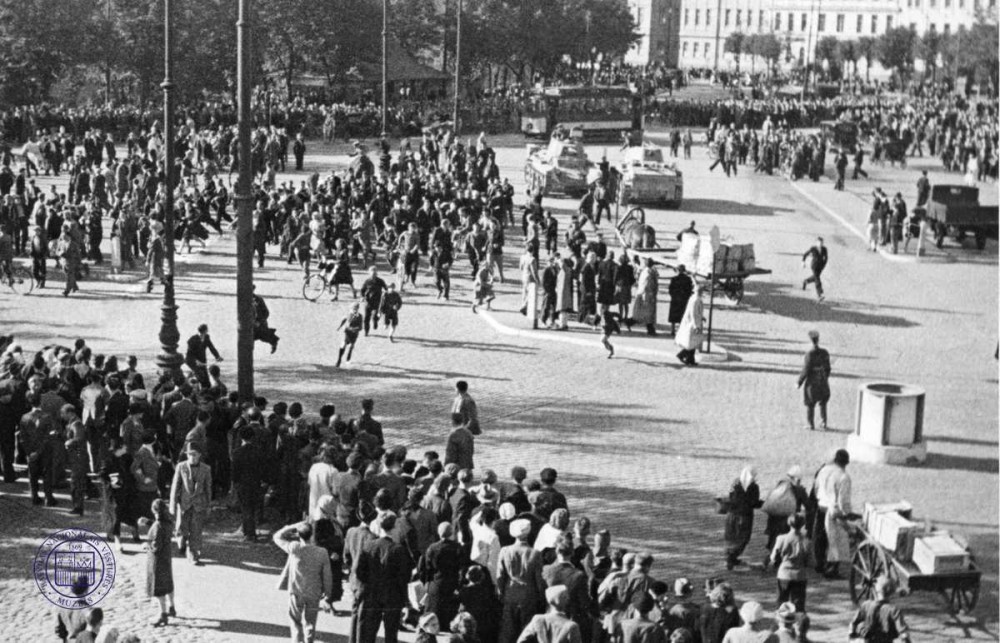
In today’s Vzglyad, commentator Yevgeny Krutikov attacks the three senators for proposing the adoption of a non-recognition policy regarding Crimea, arguing that if the senators knew the history of that policy, which he says they clearly don’t, they wouldn’t be pushing it at all.
But if they or anyone else are going to learn about the nature of that policy and its impact, they won’t be able to do so by perusing Krutikov’s article which inter alia says that the so-called declaration of Sumner Welles of July 23, 1940, was not a policy statement but only “a publicistic essay … for the press.”
According to Krutikov, it was entirely written by Loy Henderson who “was married to a Latvian and worked in Estonia and Latvia in the 1920s and 1930s” and who later was pulled from the US embassy in Moscow at the insistence of First Lady Eleanor Roosevelt and dispatched to Baghdad.
Consequently, the Moscow commentator says, “’the Welles Declaration’ is not considered a legal document: it was something like a public declaration of a position in a maximally pompous form.” In Krutikov’s telling, it had no impact at all until 1952 when the Baltic lobby in the US forced the Congress to echo it.
“In part,” the Russian writer continues, “this was connected with the fate of Wells himself: he was caught in a VIP car of a train having sex with two black-skinned porters and as a result of this scandal at the end of 1942 was forced to retire and later worked as a radio commentator.”
Krutikov says that “in practice then, this ‘non-recognition of the occupation of the Baltics’ looks like a symptom of a split personality. Somewhere on the periphery of the American consciousness existed émigré ‘governments’ and ‘diplomatic missions’ of Latvia, Lithuania and Estonia.”
But “it was impossible to deny the objective reality” that they were three republics in the USSR. Because that was so, Krutikov says, “Washington did not once include the Baltic issue on the agenda of talks with Moscow … More than that ‘the Wells Declaration’ is not mentioned in the official documents of the State Department – and in [its] text is not mentioned the Soviet Union even in an abbreviated form.”
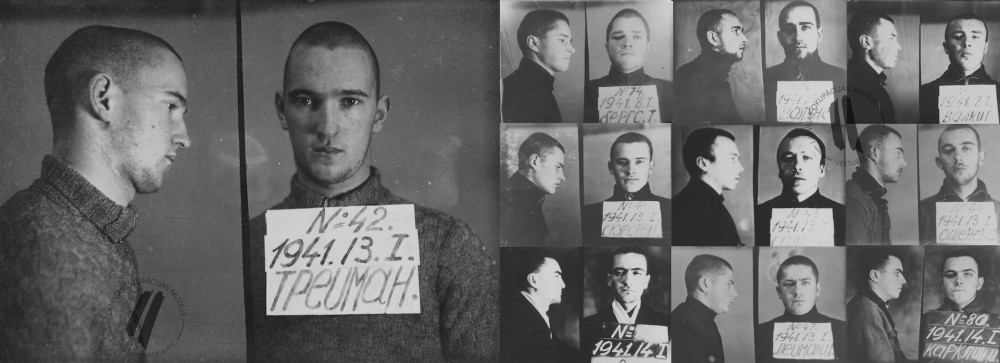
“That is,” Krutikov continues, “we recognize ‘the occupation of the Baltics, but we cannot do anything with this so we will make it appear that the Baltics do not exist. In the depth of our souls, we morally support the Latvians, Lithuanians and Estonians … and every ten years can organize some jubilee hearings in Congress.”
“But at the level of practical politics, we will not raise the Baltic issue; doing so isn’t recommended,” the Russian writer suggests American diplomats and officials concluded and thought.
According to him, “the single practical consequence of this ‘non-recognition of occupation’ was the absence of consulates of Western countries in the Lithuanian SSR, the Latvian SSR, and the Estonian SSR,” a lack that complicated the lives of Western sailors who ended up in Baltic ports but that residents of these republics found ways to work around.
Official American delegations faced some problems because they weren’t supposed to visit “’occupied territories,’” but “nevertheless,” Krutikov says, “they actively traveled there to look at the horrors of occupation and taste Rigas Balsams.”
Perhaps not for Moscow in the way Krutikov imagines but certainly for the United States and the peoples of the three Soviet-occupied Baltic republics it had important meanings. It wasn’t just some “hearing” every decade as he implies.
- Non-recognition policy meant that the US government never published maps showing Estonia, Latvia, and Lithuania as being legitimately part of the USSR.
- And US representatives at various talks with the Soviets did raise the issue of the status of the Baltic countries and routinely referred to non-recognition policy, something that was broader and far more institutionalized that Krutikov’s dismissive remarks would suggest.
- It meant that the US maintained contacts with the diplomats of the last pre-war governments right up to August 1991. (Despite what Krutikov implies, the US never recognized any “émigré governments.”)
- The State Department had a Baltic desk and kept the flags of the three occupied countries up in the lobby of its main building. Moreover, every year after 1940 the US sent a national day message to the Baltic legations.
- It further meant that no US official during a time in office that he or she had been confirmed to by the Senate could visit the occupied Baltic countries.
- And it meant that the US continued to recognize pre-1940 Baltic passports as legally valid travel documents for admission to the United States.
- And finally non-recognition policy also meant that no US official during a time in office that he or she had been confirmed to by the Senate could visit the occupied Baltic countries.
Despite being equally illegal under international law, there are obvious differences between the Soviet occupation of the three Baltic countries and the Russian occupation of Ukraine’s Crimea. In the first case, there were entire countries involved with governments and diplomas and in the second, there is a region that lacks some of those institutions.

Consequently, the specifics of a non-recognition policy regarding Crimea will inevitably be somewhat different than the specifics of US non-recognition policy on the Baltic countries. But the principle that must be reaffirmed is exactly the same; and one very much hopes that the outcome will be the same as well.
Krutikov in his attacks on Welles and Henderson fails to discuss what they really said. And one detail is especially critical in the current context: Henderson’s memorandum on which the Welles declaration was based explicitly drew on an argument Herbert Hoover’s secretary of state Henry Stimson had made in 1930 regarding Japanese actions in China.
At that time, Stimson refused to recognize Japan’s carving up of China because, he said, the US has long had a settled policy of not recognizing changes in borders achieved by force alone rather than by international negotiation.
That makes what Wells said in 1940 and what the US senators are saying rather more important than Krutikov and Moscow can admit.
Read More:
- Trump’s challenging of broad consensus on Crimea will lead to a broader war, Skobov says
- Moscow planning provocation in occupied Crimea to discredit Ukraine, general says
- Russia’s transformation of ethnic mix in occupied Crimea an act of genocide
- Trump’s statement on Crimea can lead to serious consequences, says American analyst
- Crimea’s growing water problem might provoke new Russian attack against Ukraine
- Two dangerous proposals on Crimea with even more dangerous consequences
- Putin seized Crimea with regular army but outsourced action in Donbas
- Putin repeating Stalin’s genocide with ‘new hybrid deportation of Crimean Tatars’
- Hacked military docs reveal how the Russian 18th motorized brigade invaded Crimea
- 74 years on, Russian genocide of Crimean Tatars continues
- Moscow forming ‘death squads’ in occupied Crimea and elsewhere, Shmulyevich says
- Hague court rules Russia must compensate Ukrainian investors $159 mn for Crimea losses
- Four years after annexation: Ukraine still connected with occupied Crimea, albeit weakly
- Little green men: the annexation of Crimea as an emblem of pro-Kremlin disinformation
- Kremlin-linked Russian commentators step up calls for ‘destruction’ of Ukraine
- War against Ukraine is part of Russian policy to break EU apart, says historian Timothy Snyder
- How Russia uses dehumanizing disinformation as a weapon of the information war against Ukraine
- Ukrainian OSINT sleuths release largest existing database of evidence of Russian aggression in Ukraine
- Putin views Russians as ‘divided people,’ thus threatening all Russia’s neighbors, German historian says




